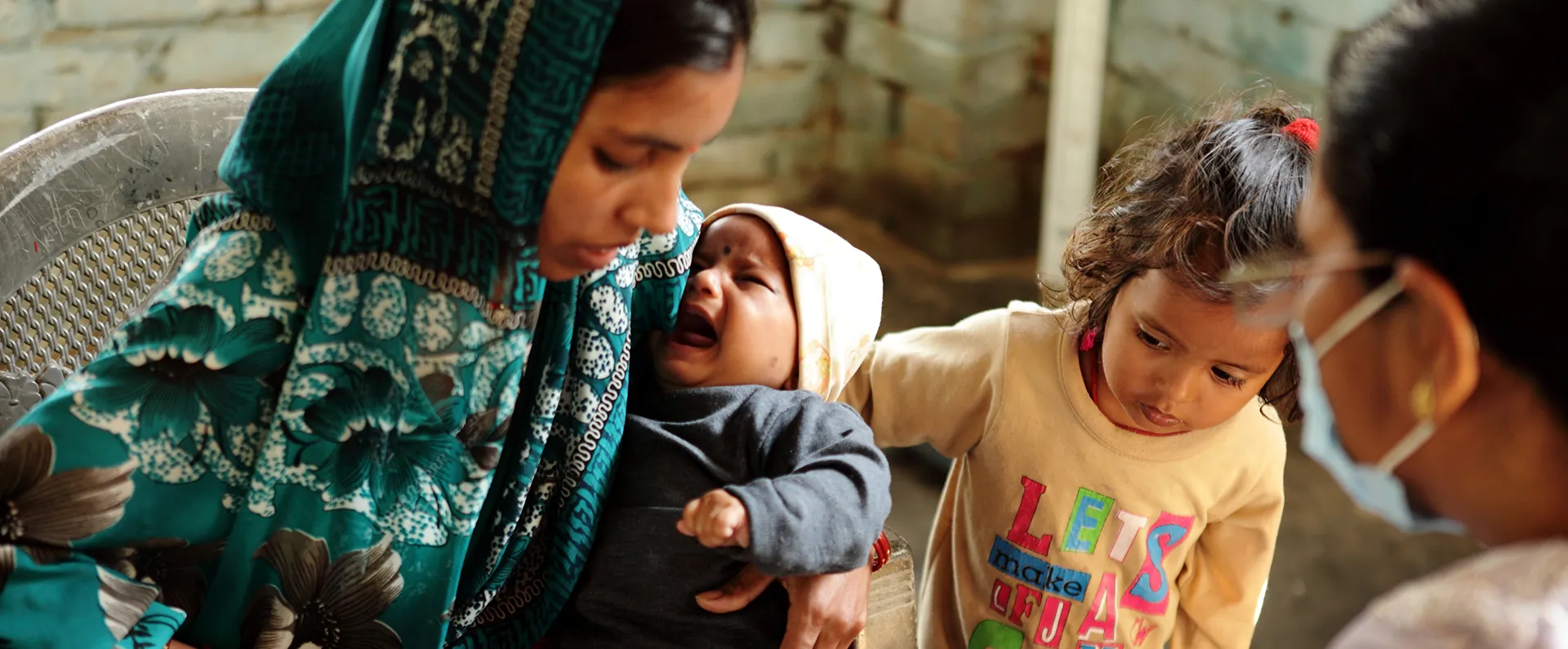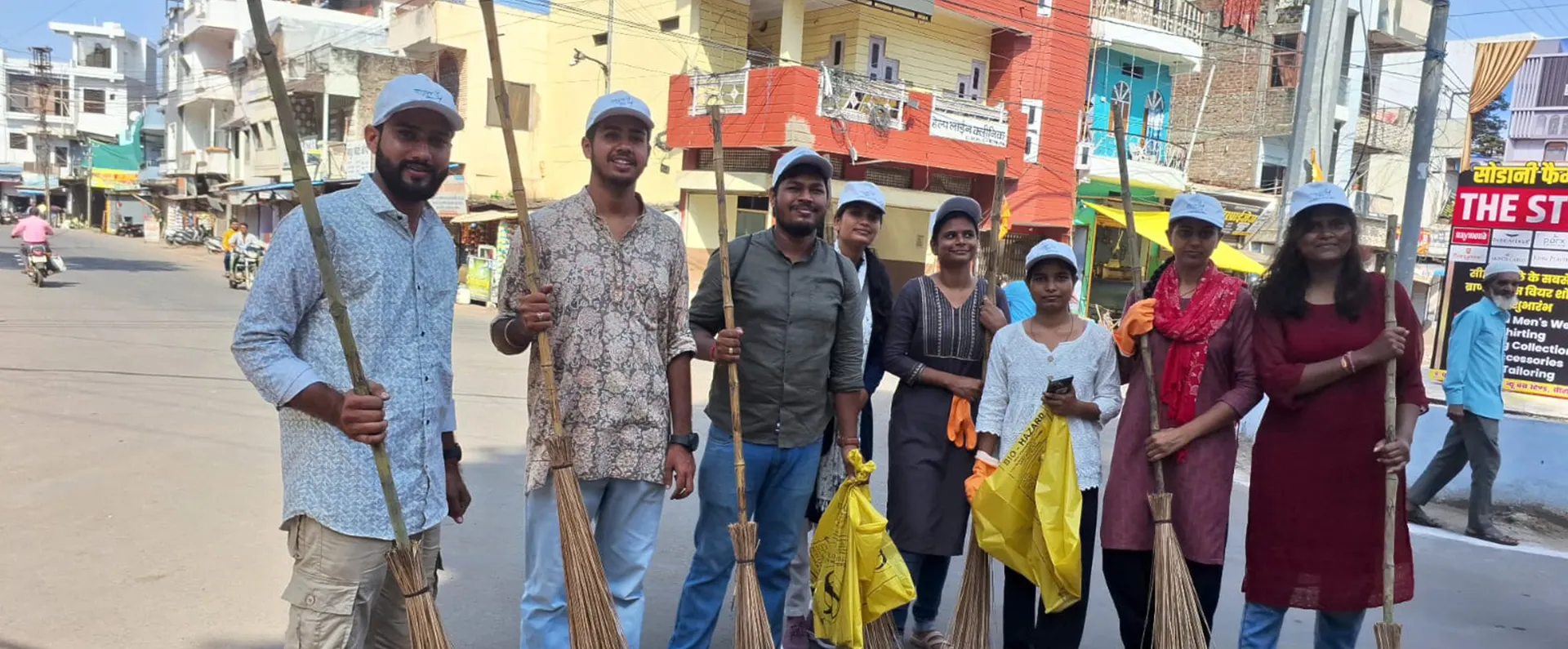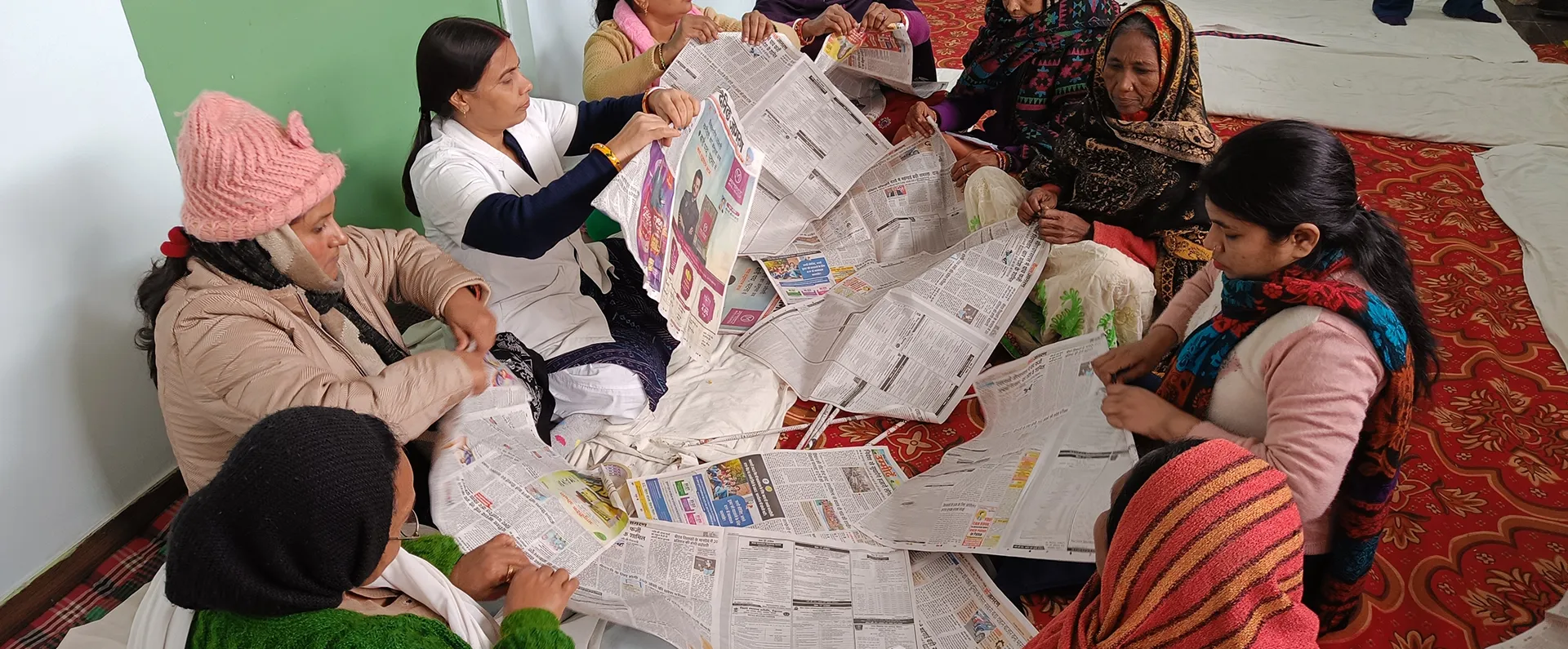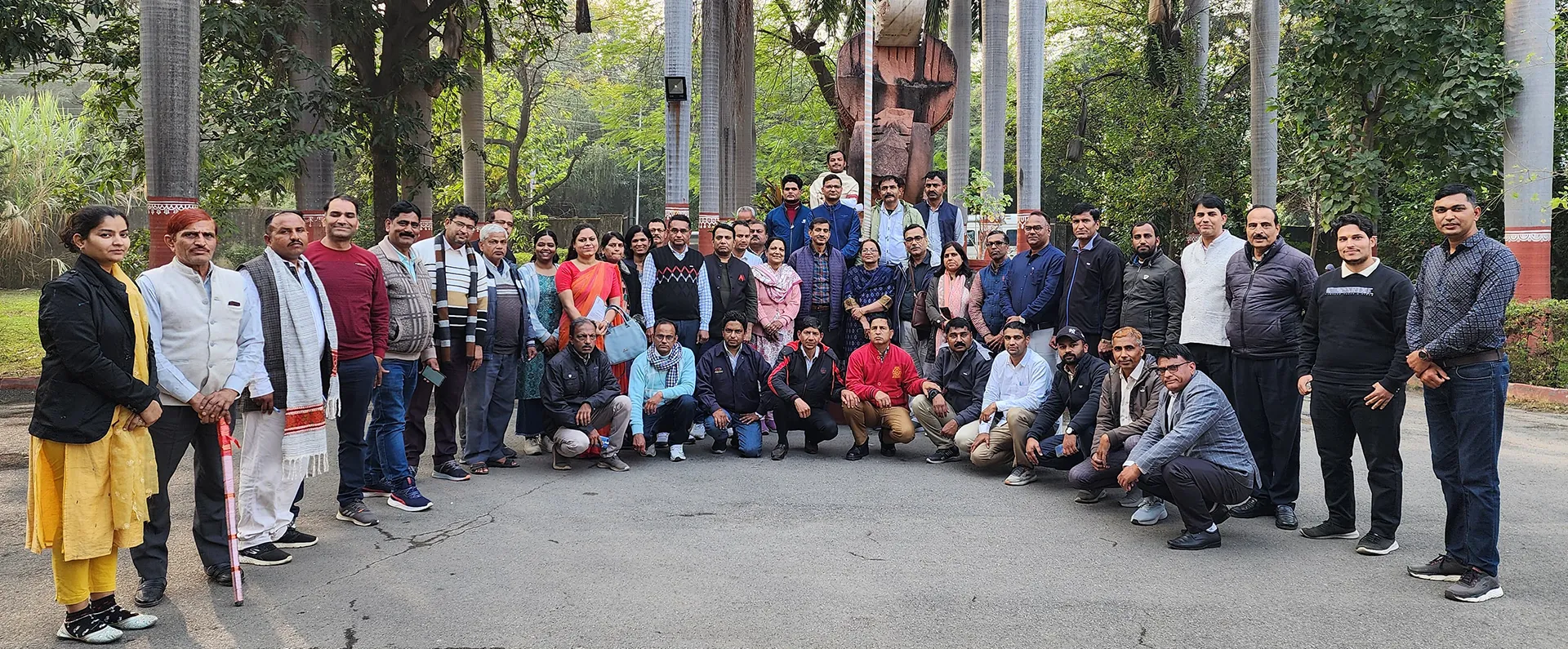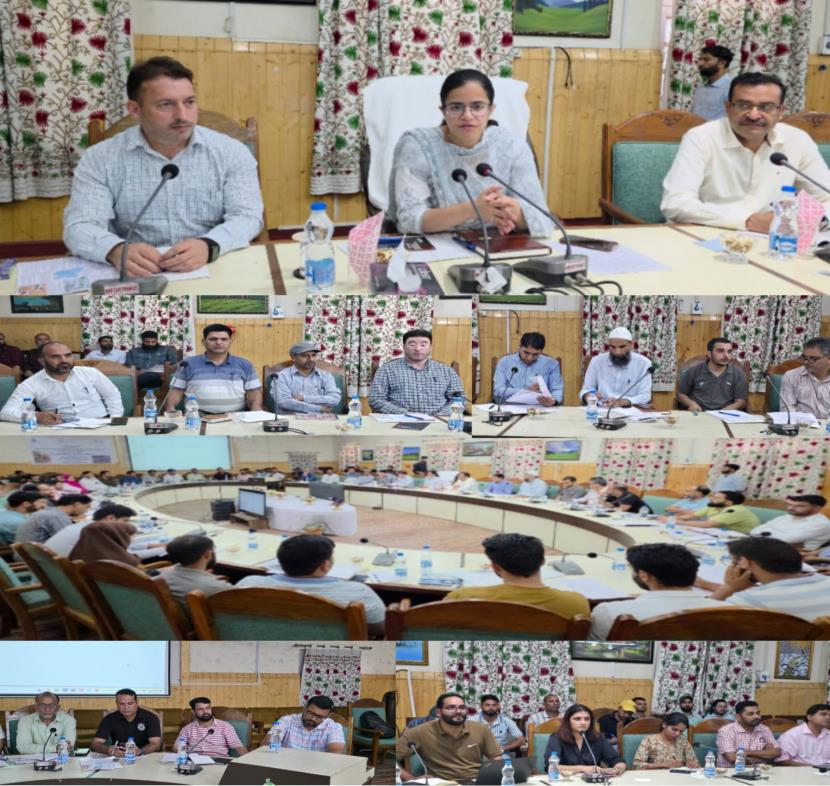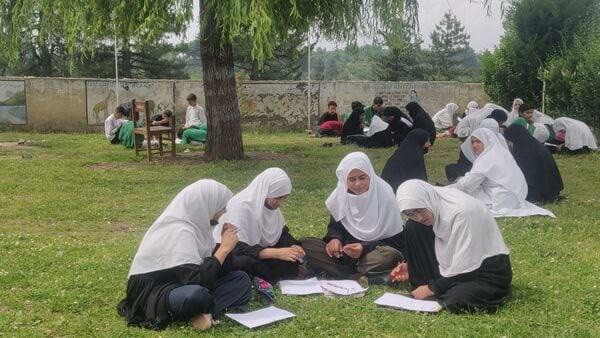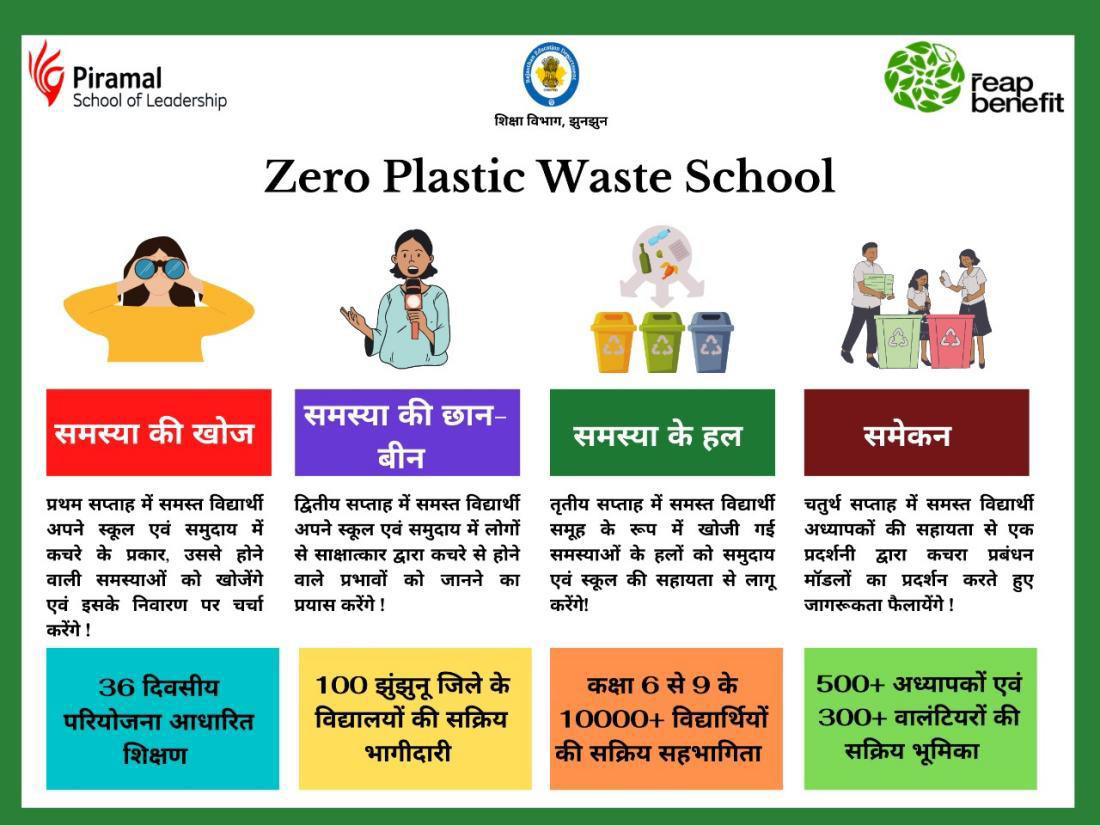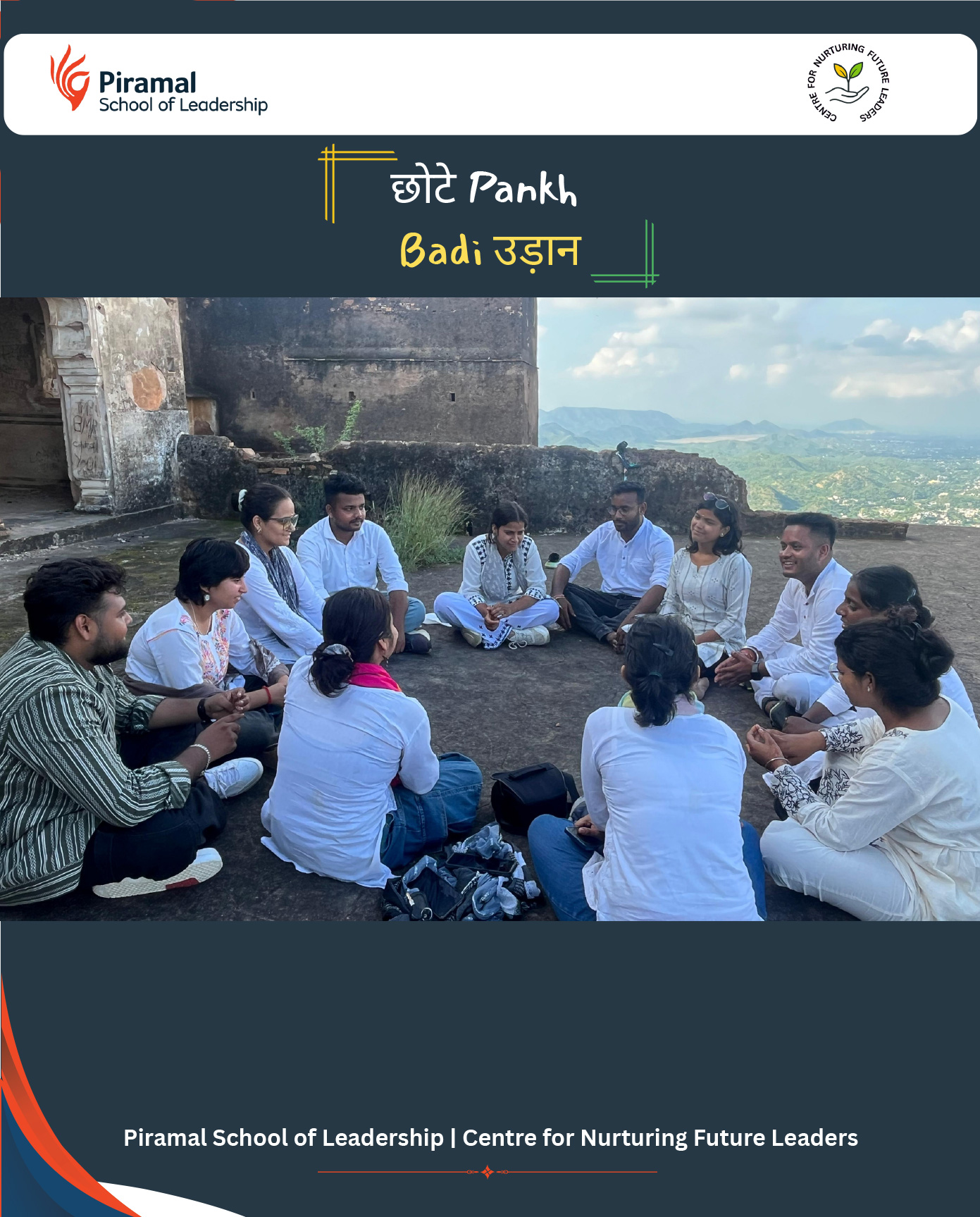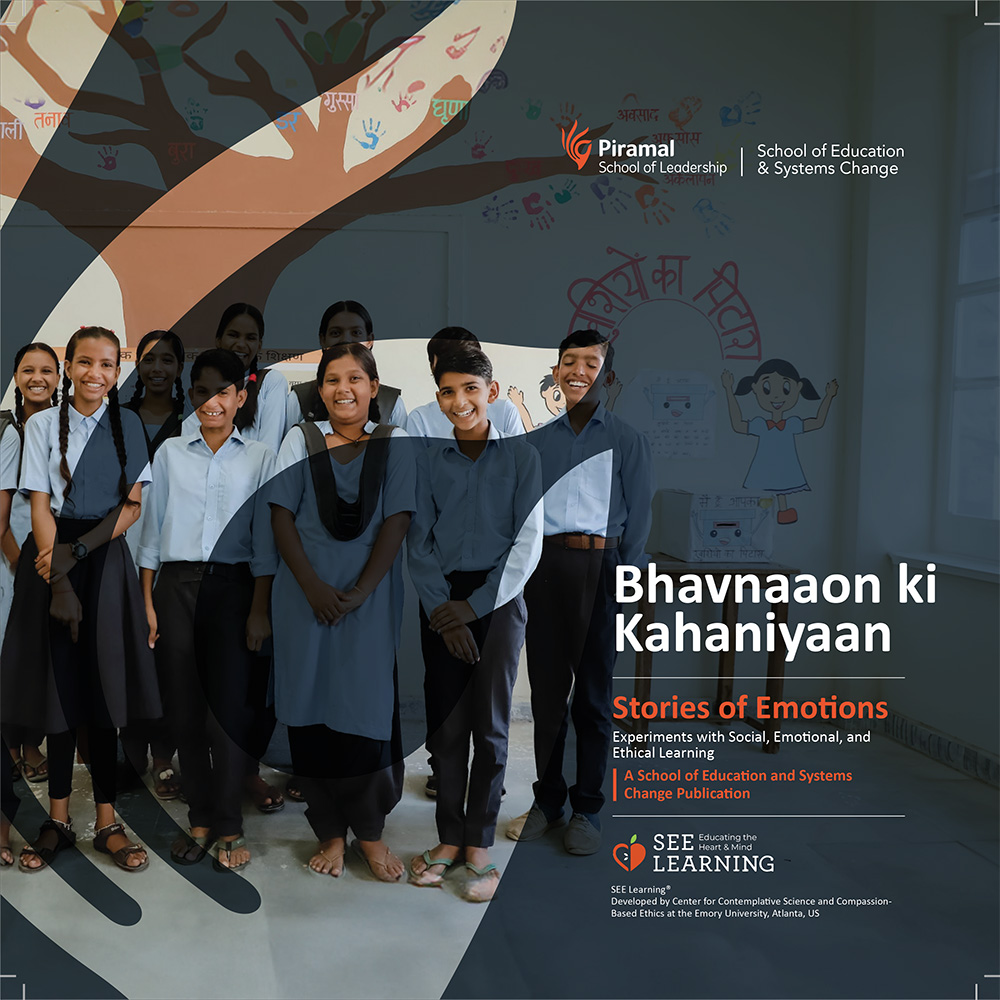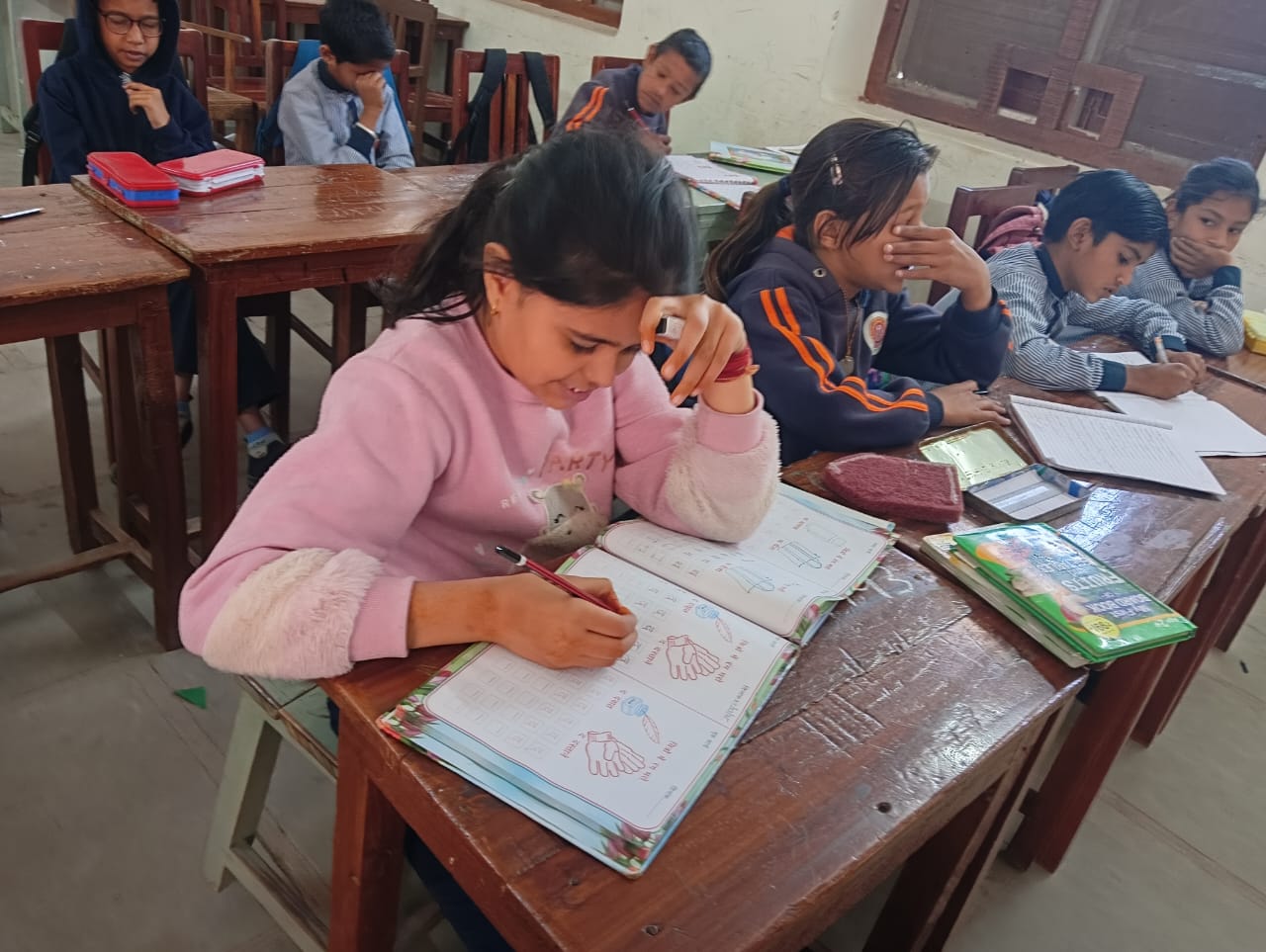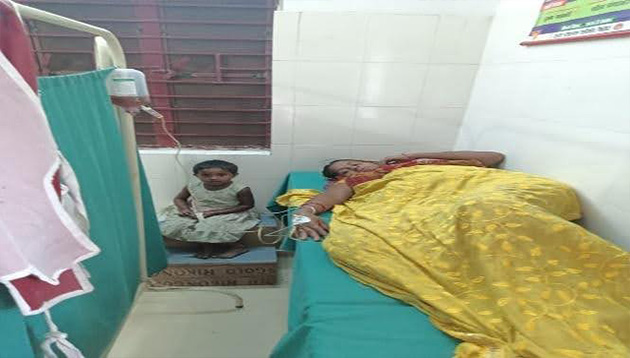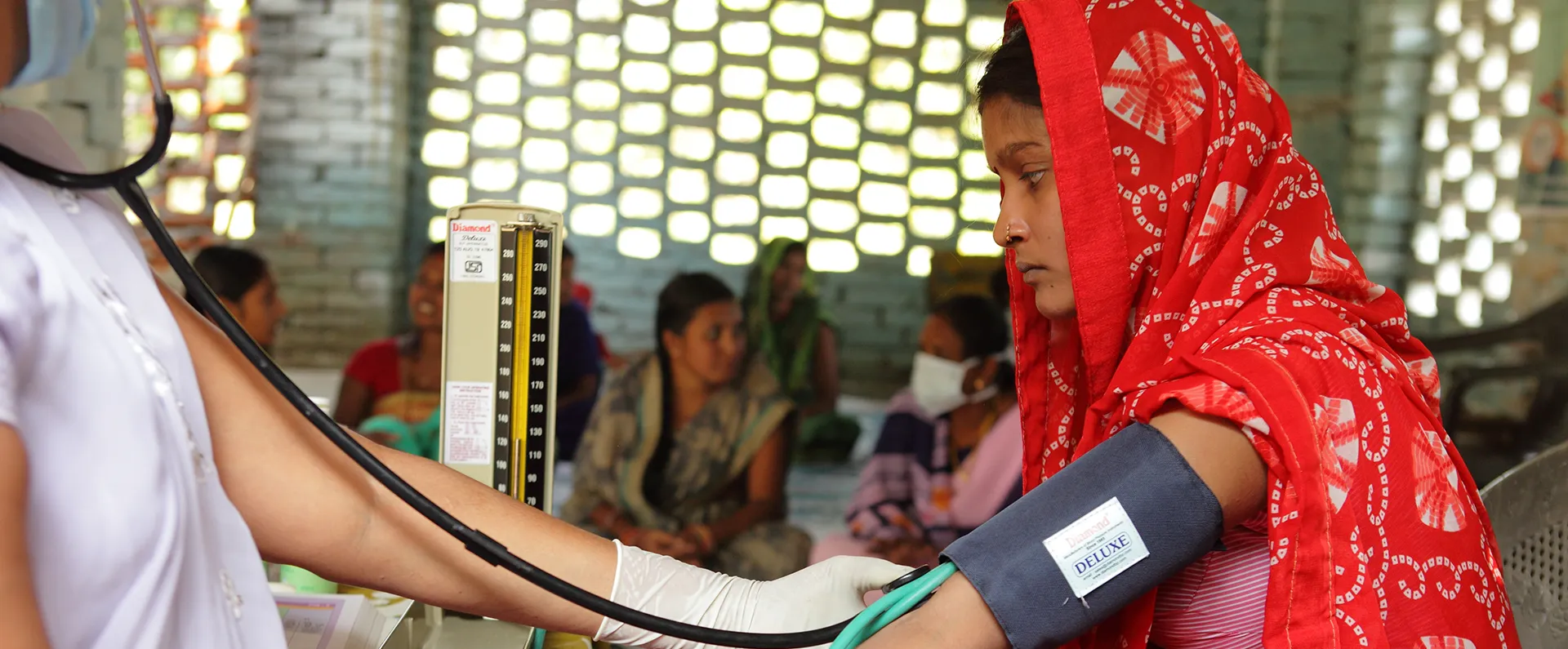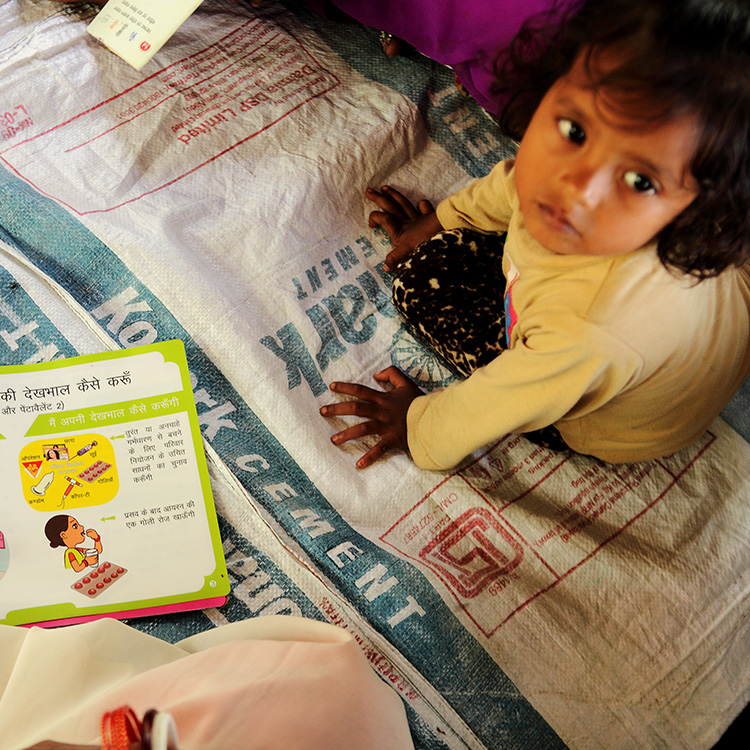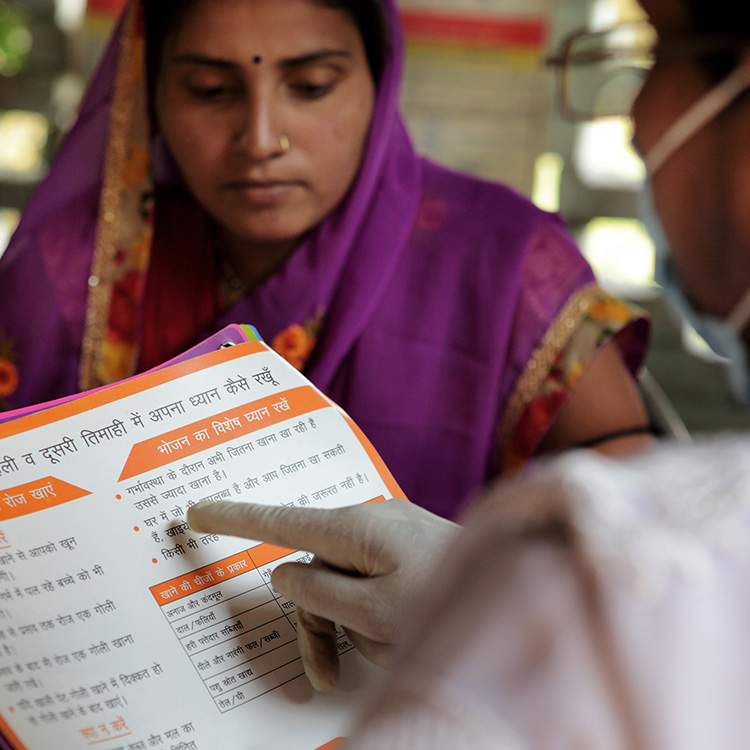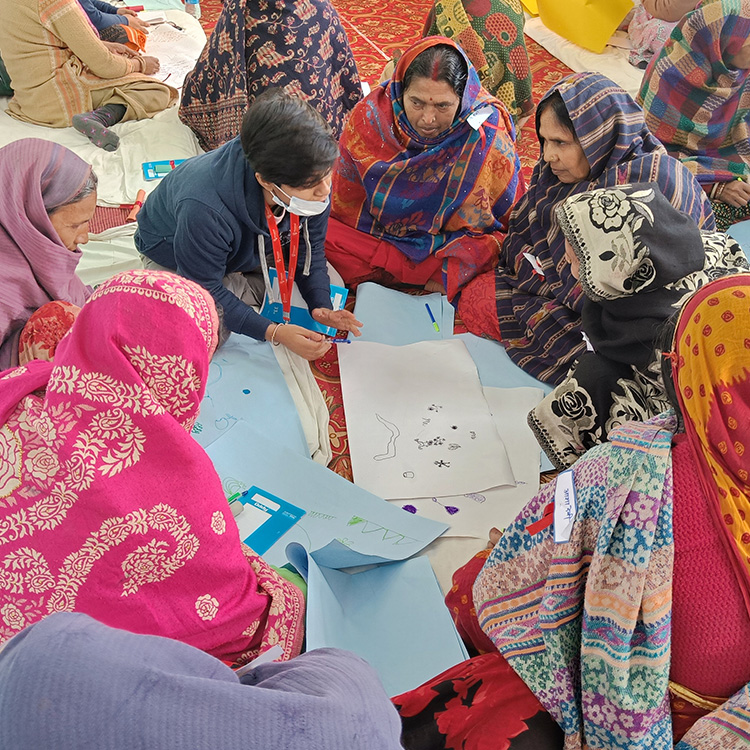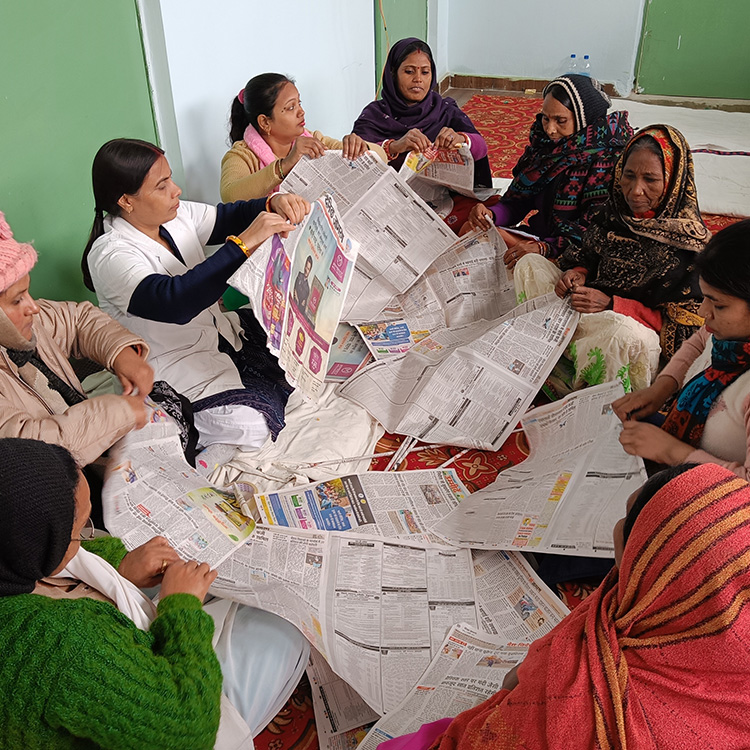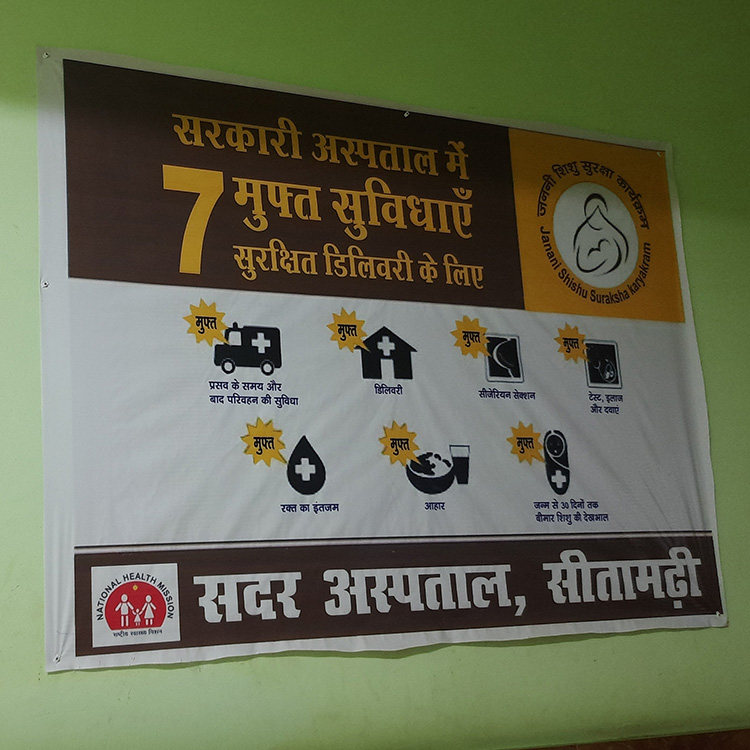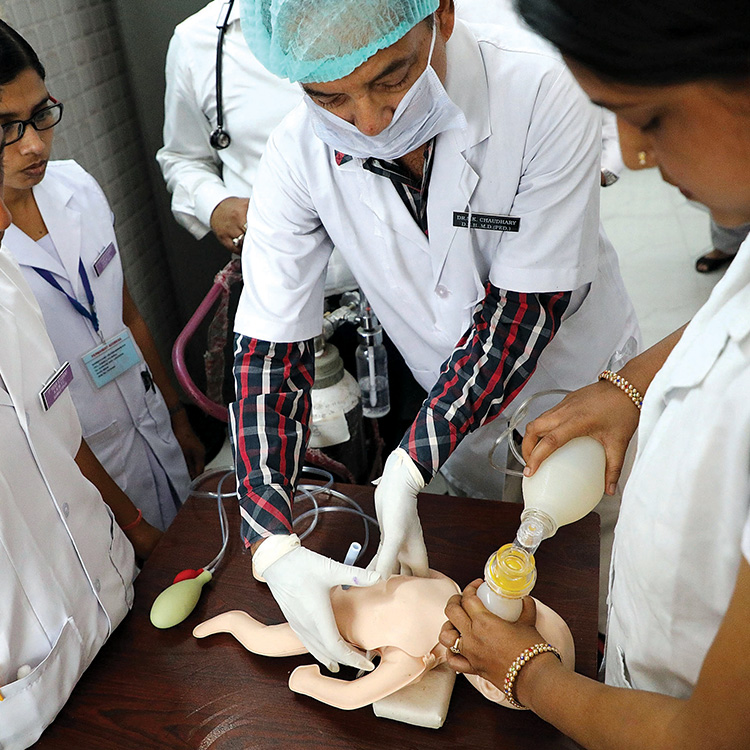At the heart of India’s public health challenges lies a complex web of systemic inefficiencies—marked by fragmented program implementation, weak interdepartmental coordination, and limited focus on governance reforms. These challenges disproportionately affect last-mile delivery, where frontline health workers often operate without the necessary support, recognition, or structured opportunities for growth. Addressing these deep-rooted issues requires a shift from siloed interventions to a systems-level approach that strengthens administrative mechanisms, fosters integration, and empowers community-level cadres through continuous professional development and capacity building.
The Centre for Public Health at Piramal Foundation is committed to transforming this landscape by building a skilled, empowered, and well-supported community health workforce. Through strategic investments in training, leadership development, and institutional reform, we aim to enhance the effectiveness of primary healthcare delivery and catalyze long-term improvements in community health outcomes. Our work centers on equipping frontline workers to not only deliver services but also to lead change—ensuring that health systems are more responsive, resilient, and rooted in the needs of the communities they serve.
Interventions
- Supporting the HWC program at both state and district level for CPD of CHOs through structuring their induction and mentoring program.
- Supporting the SHS to develop a roadmap towards nursing reform
- Adopting a competency-based approach towards building skills of in-service ANMs to efficiently manage their work during village visits and at the HWCs
- Setting up a system approach towards continuous capacity building of ANMs (setting up COEs and DMTs at district level, a governance structure from the state to lead the reform)
- Defining clear roles and responsibilities of ANMs
- Developing technical content on anaemia and hypertension in pregnancy for outreach nurses and rolled out through DMTs
- Supporting in preparing content for government campaigns like SAANS, NNW ,MCP card orientation etc and co-ordinated with ops to roll out through DMT
- Supporting the ASHA resource cell and the SPO-ASHA to develop a roadmap for ASHA mentoring
Outcomes
- A proposal for continuous capacity building plan for 90,640 ASHAs and 4,316 ASHA Facilitators was co-designed with the ASHA Resource Cell
- In working with the ARC, verification of 496 ASHA Trainers was done. It was observed that only 171 Trainers are available currently out of 496 enlisted trainers. Hence, a proposal is submitted for closing the gaps with new recruitments and the file is already in process.
- Designing the refined CHO Induction Program focusing on practical training and skills
- Designing & Developing CHO Training Modules: Technical, Leadership & supervisory and service delivery
- Setting up Supportive Supervision and Mentoring Framework community level health programs


